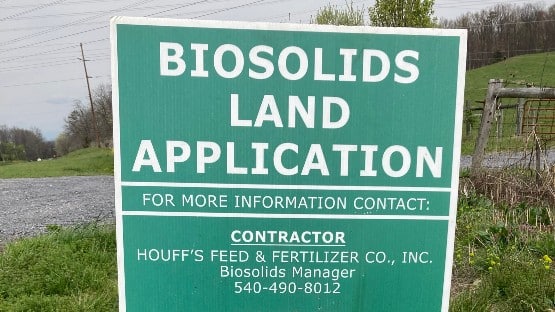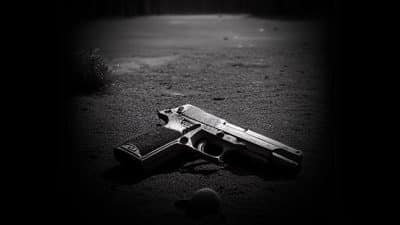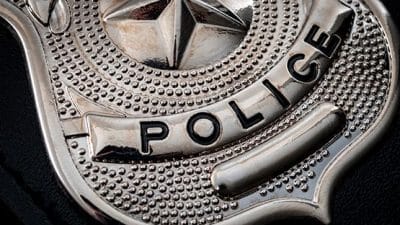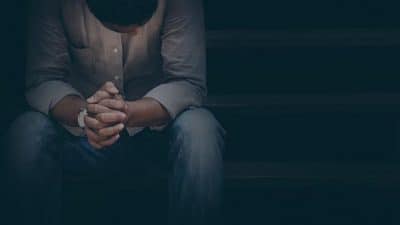
With the rise of the alt-right movement, the upsurge in hate crimes, racist policing practices, and rampant Islamophobia, the world is continuing to prove itself a dangerous place. The War on Terror propaganda contributes to attacks against Muslims, Arabs, and even those who are merely perceived to be such by ignorant racists who can’t tell the difference between someone of Arab descent and someone who is Latinx, Indian, or otherwise has brown skin. Fear of job loss is misguided into anger against Mexicans and other Latinx people. Domestic terrorists target queer people of color. Self-proclaimed “men’s rights activists” do college speaking tours and media interviews on the evils of feminism while trivializing and even excusing sexual assault, rape, and violence against women thus creating unsafe and unsupportive environments. Bigoted policing practices still disproportionately target indigenous, black, brown, queer, and trans folks. And with many in the alt-right and white supremacist movement and their supporters openly cheering on Trump’s presidential win as a victory for them and their beliefs, we have only seen a rise in hate crimes and this is a trend that is forecasted to continue.
So that begs the question: how do we combat hate crimes and protect marginalized communities? Many believe hate crime laws help curb the rates of hate crimes and protect marginalized peoples, but civil rights groups such as Queers for Economic Justice, The Audre Lorde Project, The Sylvia Rivera Law Project, and Against Equality beg to differ:
Plain and simple, hate crimes legislation increases the power and strength of the prison system by detaining more people for longer periods of time. Trans people, people of color, and other marginalized groups are disproportionately incarcerated to an overwhelming degree. Trans and gender non-conforming people, particularly trans women of color, are regularly profiled and falsely arrested for doing nothing more than walking down the street. If we are incarcerating those who commit violence against marginalized individuals/communities we then place them behind walls where they can continue to target these same people. It is not in the best interest of marginalized communities to depend on a system that already commits such great violence to then protect them.
With movements like Black Lives Matter, protests against police militarization, the current wave of prison strikes happening nationwide, and even the release of the Netflix original documentary 13th, the policing and prison systems are being laid bare for public viewing and many are realizing the bigotry inherent in these systems and advocating everything from a complete overhaul and reconstruction to full on abolition of the police state and prison industrial complex. With it increasingly clear that marginalized individuals cannot rely on these systems to protect them from hatred many are looking towards other solutions to protect themselves.
To find such solutions many are turning towards historical and contemporary examples set by civil rights groups through the ages. The Deacons for Defense and Justice, the Black Armed Guard, the Fruit of Islam and Muslim Girls Training, the Black Panther Party for Self-Defense, the Red Guard Party, the Brown Berets, the Young Lords, the Young Patriots, the American Indian Movement, Brothas Against Racist Cops, Redneck Revolt, Black Guns Matter, the John Brown Gun Club/John Brown Militia, the Huey P. Newton Gun Club, the Sylvia Rivera Gun Club for Self-Defense, the Indigenous People’s Liberation Front, and the Pink Pistols all provide examples of marginalized communities and their supporters using firearms for self-defense and the defense of others against hate crimes, protection against the police, and as a means of challenging oppression from across the political spectrum. In the words of Huey P. Newton, “We’ve never advocated violence; violence is inflicted upon us. But we do believe in self-defense for ourselves and for black people [and all marginalized people].”
But doesn’t “common sense” gun control help to protect marginalized communities? Well plain and simply, no it doesn’t. In fact most gun control actually has the opposite effect leaving marginalized communities unarmed and defenseless in the face of violence. Gun control actually has quite the racist history. Many of the first gun laws enacted by the united states government were in order to keep slaves and free black people from owning or carrying firearms except under supervision of their master for fear of slave rebellions. The uprisings led by John Brown and others and the slave armies formed during the Civil War proved their fears to be true. For those enslaved, guns meant freedom. Decades later during the height of the black civil rights and liberation movements Martin Luther King, Jr. was denied a gun permit after his house was firebombed in 1956, Malcolm X urged African Americans to defend themselves using any means necessary, the Black Panthers held open carry marches, and the National Rifle Association delved into gun politics for the first time.
Upon its founding, the NRA was merely what the name implies: a rifle association or gun club. Members were more concerned with teaching each other how to shoot than politics but out of fear of the Black Panthers, the NRA helped Ronald Reagan pass a gun control bill known as the Mulford Act. That’s right, the NRA started its political career fighting for gun control driven by racist fear. Since then so-called “common sense” gun control measures have been the domain of the left but with a self-proclaimed anti-bigotry spin. And yet still their gun control measures are mainly based upon things like criminal background checks and mental health analysis. But in a society where marginalized people are more likely to be targeted by the police and become victims of the prison system thus being disproportionately and unjustly being labeled as felons even for non-violent crimes or for trying to defend themselves, background checks lead to the disarming of marginalized communities. In a society where marginalized people are more likely to suffer horrific trauma and violence, they are disproportionately left to deal with mental health issues and are kept from being able to defend themselves from further violence when having mental health issues is a prerequisite for being denied the right to own a firearm. Leaving them defenseless only leaves them open to suffering more violence, more trauma, and thus more mental health issues. Gun control measures which prevent wholesale purchasing of firearms or certain categories of firearms only means that the government and their forces (the police, military, etc.) have a monopoly on those weapons, leaving us defenseless in the face of state violence. Even gun control tactics such as taxing the sale of bullets only target the poor, leaving them defenseless in the face of crime rather than preventing crime itself.
Okay so guns are more effective at defending against hate crimes than hate crime laws but what do we do to protect against mass shootings and other forms of gun violence? And that’s a very real pressing concern. But as the old saying goes, “guns don’t kill people, people kill people,” so maybe it’s about time we focus on the people who commit these violent crimes and address the causes of their actions. In the essays that will follow, I will lay out ideas for real actions that are being taken or could be taken to curb gun violence and protect against hate crimes as we strive to make our communities freer and safer from violence.










